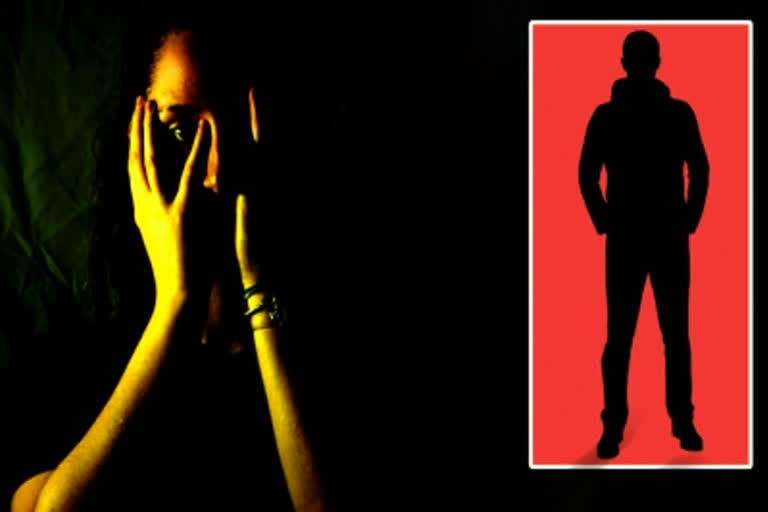New Delhi: Amicus Curiae Rajshekhar Rao on Wednesday told the Delhi High Court that the law does not consider it as rape when a woman is sexually assaulted by her loved one but the same is considered a sexual offence when a stranger forces himself on her.
The Amicus Curiae's submission came when a division bench of Justices Rajiv Shakdher and C Hari Shankar was hearing a batch of petitions relating to criminalization of marital rape. Amicus Rao submitted that as far as exception is concerned, the silver lining is that a woman is better off, as matter of law, is that when she is assaulted by a stranger.
"But when a loved one assaults her, that is not rape. The more I think of it, I am unable to accept it," Amicus Rao said. Rao also pointed out that rape dehumanizes the very existence of a woman and stated that "the question we have to ask is that whether the court should sit back and look at a woman being dehumanized everyday. "
READ: Rape of woman, married or unmarried, demands equal treatment: Delhi HC
The Delhi High Court on Wednesday observed that legislature has taken a decision that unwilling sex between husband and wife should not be treated as rape and sought explanation from amicus curiae that husband forcing himself to wife can be treated under sexual offences against women or not. Justice C Hari Shankar noted that legislature had made unwilling sex between married couple criminally punishable under different Statute law.
"The legislature does not say that this act should not be punished. Legislature has made this act criminally punishable under various statute but legislation has taken decision that this act should not be treated as rape, " Justice Hari Shankar said.
Justice Shankar also sought to know from amicus Rajshekhar Rao to what extent, we can use the word trust and fiduciary to examine the exception in Section 375 of the Indian Penal Code (IPC). Justice Shankar said that "If we are to strike it down, we have to come into a qualitative decision, that this act should additionally be categorized as rape."
While Justice Rajiv Shakdher asked if the Courts should step back whenever an issue like marital rape comes for challenge and refuse to take steps to remedy the situation. "Take the example of Section 377 (criminalization of same-sex marriage). This court decriminalized it. Supreme Court reversed the decision. But these are matters which will stay with you and they will come back, "said Justice Rajiv Shakdher. He pointed out that parliament had all the opportunity between the Delhi High Court judgment and SC decision on it to correct it, but they chose not to."
Justice Shakdher said that the court is examining whether it is constitutional or not. Meanwhile, the court also appointed senior advocate Rebecca John as amicus in the matter. During the argument that was heard at length, Advocate Raj Kapoor, appearing for one of the impleaders, opposed the petition and submitted that India need not just copy-paste Western concepts or trends of other countries. "The concept of Western countries cannot be used for striking down a statutory provision made by Parliament in Indian context, " Kapoor said and submitted that let Parliament be the final authority to decide the Exception in Section 375.
He also submitted that there are a number of different laws of Hindus, Muslims, Christian, Sikhs but IPC is applicable to all and exception in Section 375 is for benefit of all. He also submitted that if exception is struck down, it is likely to be misused like section 498A of India Penal Code. Justice Shakdher observed that offence of rape firewalled because of the exception between married couple and if there was no such relationship, he would have been amenable to prosecution as any other person.
The court will continue hearing the matter on Thursday relating to criminalization of marital rape. The petitioners include NGOs RIT Foundation and All India Democratic Women's Association has challenged an exception to Section 375 and of the Indian Penal Code.
(ANI)



